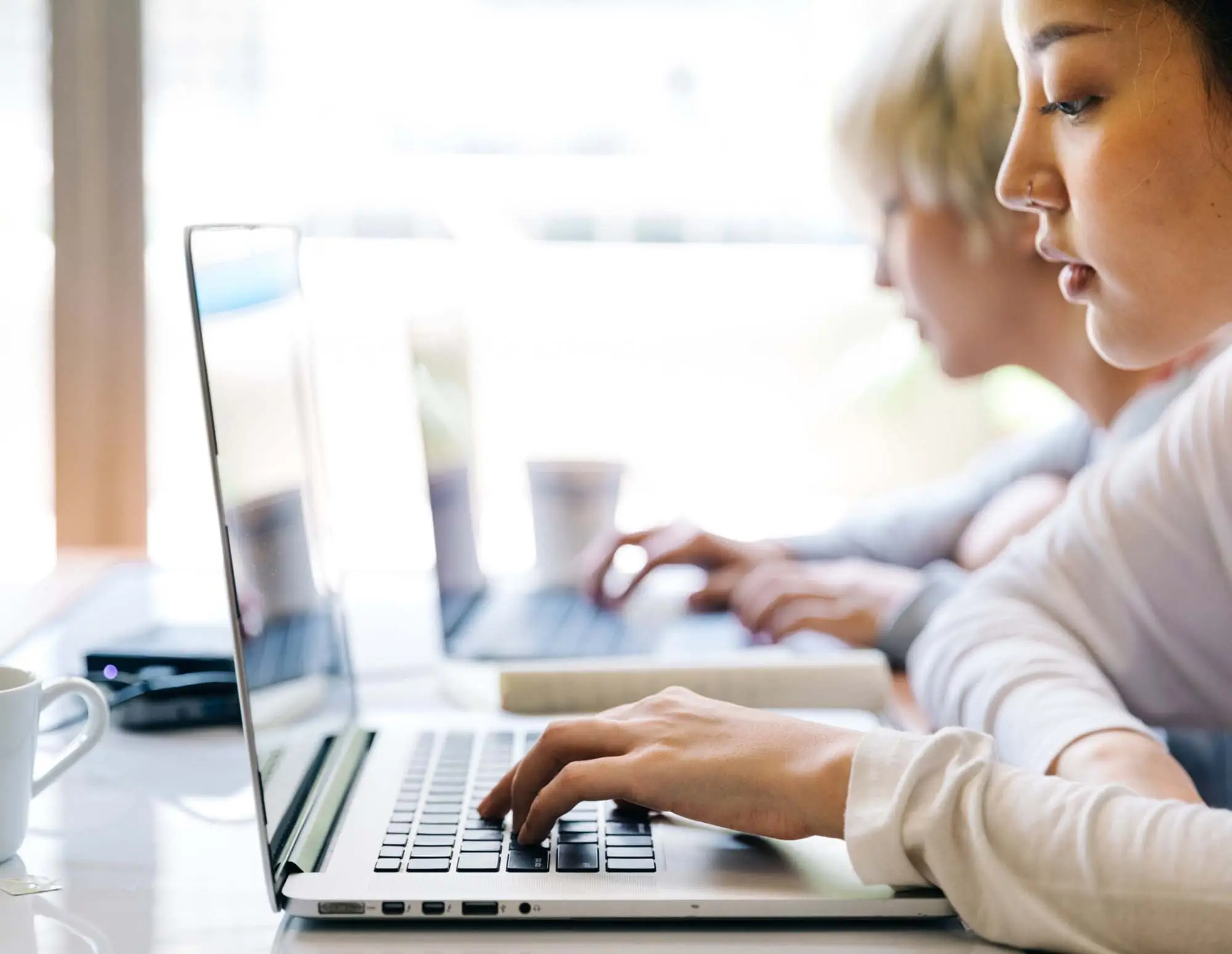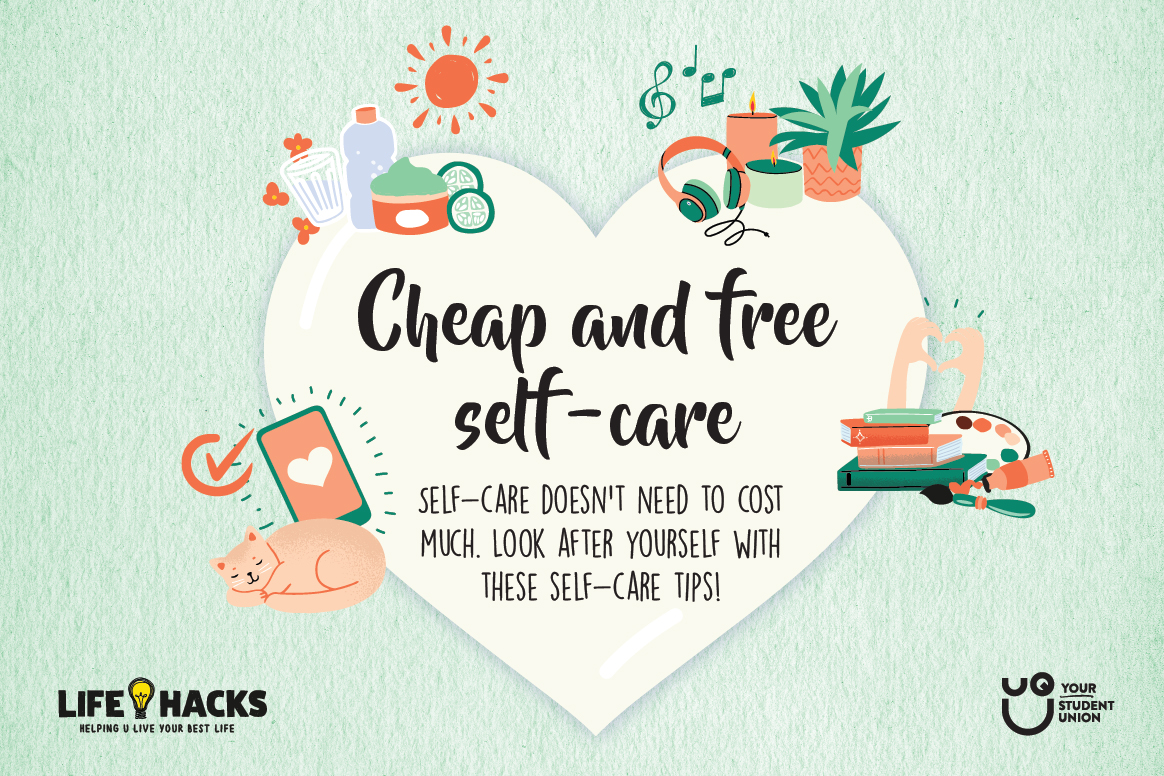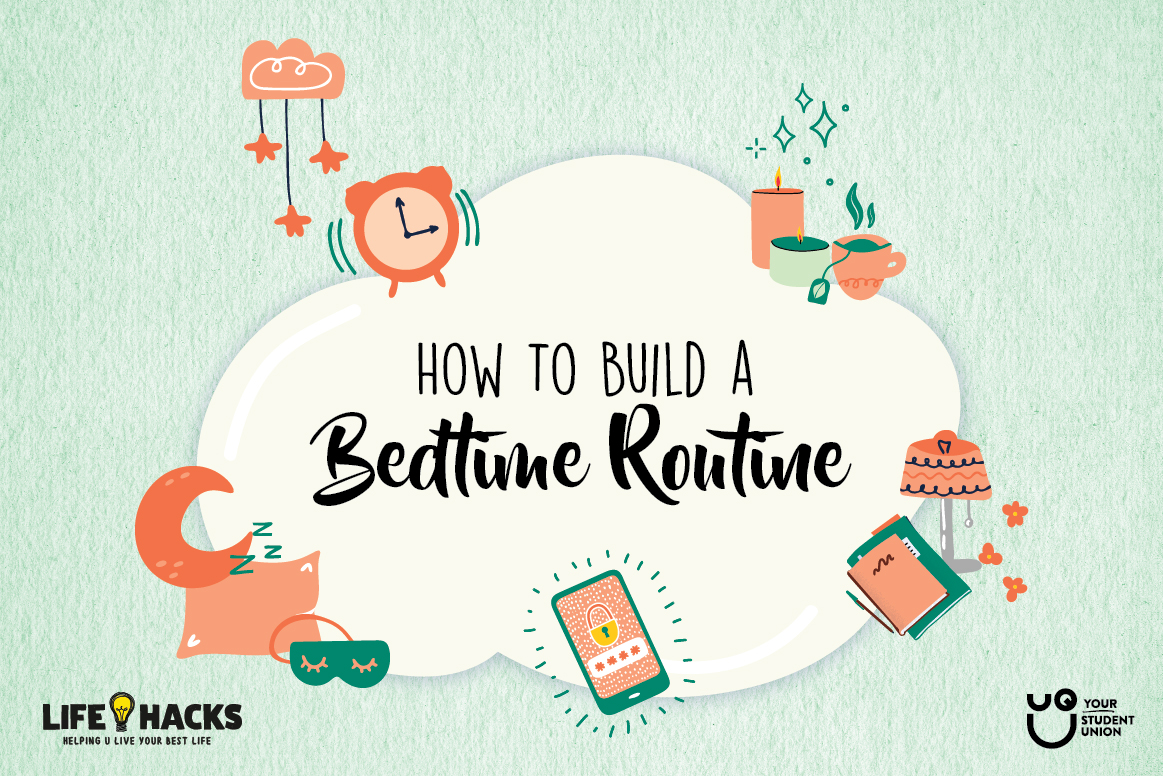Social media gives us access to information, increased opportunity for connection and interaction and undoubtedly has many benefits for relationships. However there is also a down side to this technological wonder.
While there is research that suggests there are positives to social media use there is also plenty of research that ironically suggests that too much interaction with this technology, designed to help us to connect can actually increase feelings of isolation and loneliness and exacerbate mental health issues such as depression and anxiety.
So, what are some of the Pros and Cons of the Impacts of Social Media on mental health?
Pro – Increases communication and raising awareness
Undoubtedly one of the most powerful benefits of social media is the ability to spread a message or raise awareness for causes to a lot of people in a short amount of time. It gives us the ability to access information and respond to that information much faster than ever before.
Con – Promotion of fake news
On the flip side anyone with a computer or smartphone can share incorrect or misleading information to a large number of people. When used with bad intentions this can be very damaging and create panic and mass hysteria, prompt negative actions towards individuals or groups as well as lead to unhelpful or anti social behaviour from social media users. it’s important that you always do your own research and fact check before reposting information on social media.
Pro – Can help combat feelings of loneliness and isolation
Social media is a great way to link with people and while it is not a substitute for face to face interactions, it is a tool to connect with existing friends as well as facilitating new friendships by presenting easy opportunities to find and connect with other like minded people.
Con – Can also increase feelings of loneliness
According to social displacement theory, the more time we spend on social media the less time we spend having face to face interactions. These face to face interactions release hormones in our brains that help us to feel connected and less lonely, anxious or depressed.
With a decrease in face to face interactions there is less of those hormones being released. Some research suggests that people who interacted more through social media rather than face to face were more likely to feel anxious, depressed, lonely and isolated.
Pro – Normalises help seeking behaviour
Social media provides a large range of opportunities to link in with health support, get health related information, learn health management techniques. It provides affordable opportunities to people in rural and remote areas to seek help. The increased visibility and accessibility normalises the issues and normalises help seeking behaviours as well.
Con – Can promote anti-social behaviour
Access to so much content, advertising and information can also have negative consequences for our mental health. Excessive use of social media platforms such as Facebook, Instagram and Snapchat can cause us to compare ourselves to the “highlights” of other’s lives, leading to feelings of low self worth.
Also being encouraged to post pictures, opinions, thoughts and feelings from our daily lives opens us up to cyberbullying. Which research suggests is especially harmful to a person’s mental health as it is much harder to disconnect or walk away from than regular bullying.
So, what’s the verdict?
Social media has many positives and negatives to it. If you use it correctly it is a great tool for connection and access to information. To ensure that you are not negatively impacted by social media try to limit your use of it and make sure you are using it for the right reasons. Be aware of the negative impacts the overuse of social media can have on your mental health and relationships and make sure that you prioritise face to face interactions with people around you as much as you can.
If you feel that you need to talk to anybody about your mental health you can book a welfare appointment with a welfare advocate at Student Advocacy & Support.




